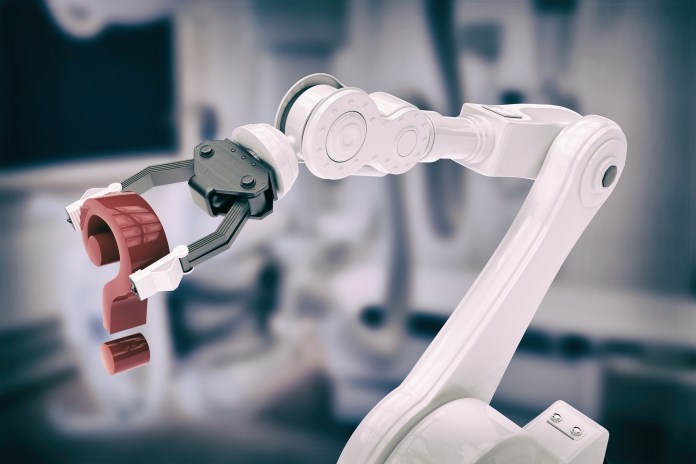Will robots take my job? This question has inspired numerous memes and websites and was even a topic in the U.S. presidential campaign. It is something I think about often as a technology entrepreneur and as someone who leads a team of remarkable people. Progress is an unstoppable force, but how can we ensure that people don’t become casualties of it?
In January 2019, global leaders gathered in Davos for the World Economic Forum (WEF). At the top of their agenda: the Fourth Industrial Revolution and its impact on people and economies. The Fourth Industrial Revolution refers to how technologies such as artificial intelligence (AI), machine learning, self-driving vehicles, and connected devices are all merging with humans’ physical lives. Klaus Schwab, founder and executive chairman of the WEF, noted at the time that the Fourth Industrial Revolution is “blurring the lines between the physical, digital and biological spheres.” The discussion focused on how to responsibly adopt these technologies and make sure that no global citizen is left behind in the coming wave of transformation.
Just how significant is this wave? McKinsey & Company predicts that “currently demonstrated technologies could automate 45 percent of the activities people are paid to perform and that about 60 percent of all occupations could see 30 percent or more of their constituent activities automated.” Note that this prediction doesn’t state that the jobs will be eliminated or replaced by bots, but that some of 30 percent of the human workers’ processes will be automated. In fact, the consulting firm goes on to say that “Physical and manual skills will nonetheless continue to be the single largest category of skills (measured by time spent), shrinking from 31 percent of workers’ time in 2016 to 25 percent in 2030 across the United States and Western Europe.” Of the basic manual skills that will be offloaded to automation, “Basic data-input and -processing skills will be particularly affected by automation, falling by 19 percent in the United States and by 23 percent in Europe in the 2016 to 2030 period. The decline will be in nearly all sectors as machines increasingly take over straightforward data-input tasks.”
#ai & machine learning #ai #robots #rpa #machine-learning
